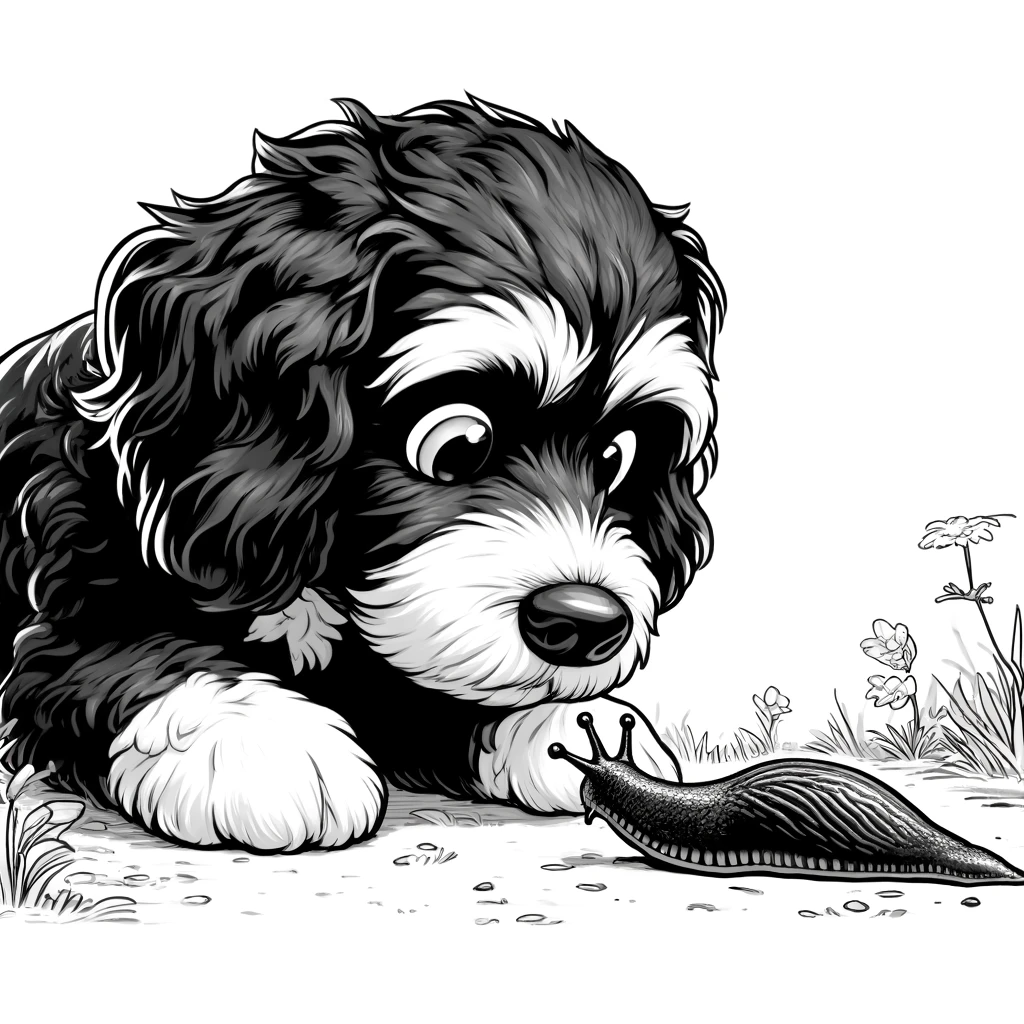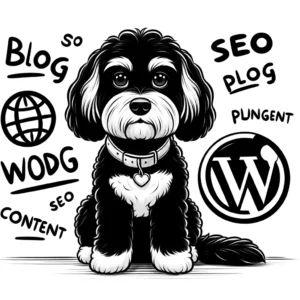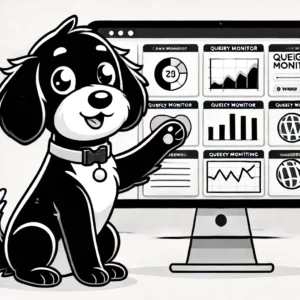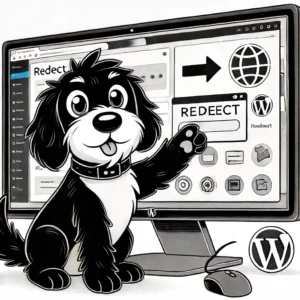Understanding Slugs in WordPress
In WordPress, a slug is a textual identifier that forms part of a URL, key for both SEO and user navigation. It provides a readable reference to a specific piece of content and is pivotal in optimizing a site’s structure.
Defining the Concept of a Slug
A WordPress slug is the part of the URL that comes after the domain name. These slugs are typically derived from the title of a page or post and are displayed as a string of lowercase letters, often separated by hyphens. For a post titled “Best Coffee Shops,” the slug may be “best-coffee-shops,” making the full URL ‘http://example.com/best-coffee-shops’. Slugs can also apply to categories, tags, or authors, known as category slug, tag slug, or author slug, respectively.
For example for this page the slug is /what-is-a-slug-in-wordpress/.
SEO Benefits of Well-Crafted Slugs
Well-crafted slugs are instrumental for SEO, as they provide search engines with a clear context for the content of the page. By including relevant keywords in the slug, a page is more likely to rank well for those terms. SEO-friendly URLs are concise, informative, and reflective of the content’s subject matter.
Impact on User Experience and Accessibility
Slugs significantly influence user experience and accessibility. A descriptive slug offers users a clear idea of the page content before clicking a link. For instance, a URL with the slug ‘tips-for-painting’ intuitively suggests content about painting tips. This clarity enhances navigability and can improve the overall perception of a site.
Best Practices for Slug Optimization
To optimize slugs for the best SEO and user experience, adhere to a few best practices:
- Use hyphens to separate words, not underscores.
- Keep slugs concise and avoid filler words.
- Include relevant keywords to reflect content.
- Use lowercase letters to maintain consistency and avoid errors.
In the WordPress dashboard, under Settings, one can often edit the permalink structure and create custom slugs. Regularly reviewing and adjusting slugs ensures content remains SEO-friendly and accessible.
Managing WordPress Slugs
Managing WordPress slugs effectively is essential for maintaining a clean and user-friendly website. Slugs directly influence both the usability of a site and its search engine optimization (SEO) performance. Knowing how to edit, customize, and redirect slugs can ensure that visitors and search engines can navigate and understand your website efficiently.
Editing and Updating Slugs in WordPress
When a post, category, or tag is created in WordPress, a slug is automatically generated based on the post title. However, one should update the slug for better SEO and readability. This can be done in the editor before publishing, or by accessing the settings for an existing item. For example, to change a post’s slug, one would navigate to the post editor, locate the permalink area, and select the ‘Edit’ button to customize the slug.
Customizing Permalink Structures
The permalink structure in WordPress affects how slugs are formed. Users can customize this structure to include information like post name, category, author, or date, influencing the default format of slugs. Access this feature by going to the ‘Permalinks’ page within the ‘Settings’ menu, where various predefined options are available, or one can create a custom structure that best serves their SEO strategy.
Using Redirects to Maintain URL Integrity
When slugs are changed, especially after content is published and indexed by search engines, it’s crucial to implement redirects to avoid broken links and negative impacts on SEO. Tools like the Redirection plugin can automate this process. It ensures that old URLs are seamlessly redirected to the updated ones, thus maintaining the integrity of the site in search results. This helps prevent 404 errors and loss of traffic when slugs are updated or changed post-publication.
Technical Considerations for Slugs
Slugs play a vital role in WordPress by defining clear, searchable components of a URL that enhance both user understanding and SEO effectiveness. Ensuring proper slug configuration is crucial for maintaining an organized website structure.
Character Restrictions and Recommendations
When creating slugs, WordPress imposes certain character restrictions. Slugs must be in lowercase and typically use dashes (-) to separate words, as spaces and uppercase letters are not recommended. Slugs should avoid stop words, pronouns, articles, and prepositions since they do not contribute to search engine optimization and can make URLs unnecessarily long.
Best Practices:
- Use alphanumeric characters (letters and numbers), and dashes.
- Exclude special characters to prevent encoding issues.
- Incorporate relevant keywords for improved SEO.
Configuring Permalink Settings for Optimal SEO
Permalink settings in WordPress determine the URL structure. For optimal SEO, the plain, default setting—which uses numeric identifiers—is not recommended. Instead, it’s better to incorporate post names or a combination of date, month, and year with the post name, as this can provide context and improve searchability.
Common Settings:
- Plain: https://example.com/?p=123
- Day and name: https://example.com/2023/12/21/sample-post/
- Month and name: https://example.com/2023/12/sample-post/
- Numeric: https://example.com/archives/123
- Post name: https://example.com/sample-post/
Understanding WordPress’ URL Structure
The URL structure in WordPress is important for both users and search engines. It consists of the domain name followed by an optional category and the slug, which represents the specific post or page. A well-constructed slug should be brief and reflective of the content, helping to inform both wordpress.com users and search engines about the page’s topic.
Anatomy of a WordPress URL:
https://example.com/category/sample-post/
- Domain name:
https://example.com/ - Category (optional):
category/ - Slug:
sample-post/












